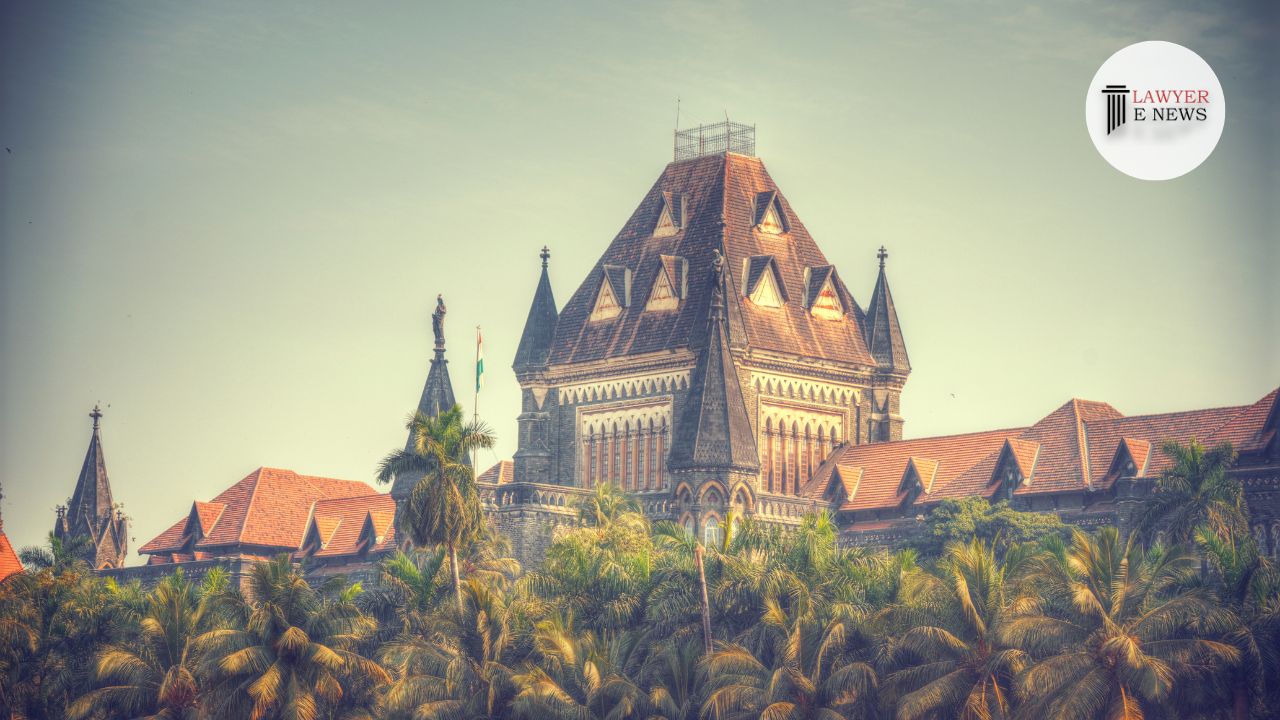-
by Admin
19 February 2026 3:14 PM



In a significant ruling that reinforces the stringent bail provisions under the Maharashtra Control of Organised Crime Act (MCOCA), the Bombay High Court has rejected applications for default bail by the accused in a high-profile criminal case. The decision, delivered by Justice M. S. Karnik, emphasized the critical interpretation of bail laws, stating that "default bail is not granted" in cases where charge-sheets are filed within the statutory period under the Indian Penal Code (IPC), even after the invocation of MCOCA.
The judgment came in the case of Amit Madhukar Bhogale and Others vs. The State of Maharashtra, where the applicants sought default bail under Section 167(2) of the Code of Criminal Procedure (Cr.P.C.). The court meticulously analyzed the relationship between the Cr.P.C. and MCOCA, particularly focusing on the timing and nature of the investigation and subsequent charge-sheet filing.
Justice Karnik's detailed observation shed light on a nuanced understanding of the law: “Investigation under MCOCA is a continuation, not a new investigation,” he noted, clarifying the legal position on investigations that transition from IPC to MCOCA. This interpretation holds significant implications for future cases where MCOCA is invoked post-IPC charge-sheet filing.
The court's decision hinged on the established principle that once a charge-sheet is filed under IPC, the right to claim default bail under Section 167(2) does not revive with the subsequent invocation of MCOCA. This ruling is seen as a reinforcement of the legislative intent to ensure a robust framework for dealing with organized crime, while balancing the rights of the accused with public safety concerns.
The ruling also dealt with the application of Sections 167(2) and 309 of the Cr.P.C., drawing a clear distinction in their applicability at different stages of the trial and investigation process. It asserted the non-revival of the right to default bail once a charge-sheet is filed, even if further investigations under MCOCA remain pending.
Legal experts view this judgment as a landmark decision in interpreting the complex interplay between the Cr.P.C. and special laws like MCOCA. It is expected to guide lower courts and law enforcement agencies in handling cases involving serious allegations of organized crime.
The ruling also cited several precedents, highlighting the court’s reliance on established legal principles while navigating the complexities of criminal procedure and special statutes. The advocates representing the parties played a pivotal role in presenting the intricate legal arguments that formed the basis of this judgment.
This judgment is a testament to the judiciary's role in interpreting laws in a manner that upholds the spirit of justice, balancing individual rights with societal interests, especially in the context of organized crime.
Decided on : 22-12-2023
AMIT MADHUKAR BHOGALE AND OTHER Vs.THE STATE OF MAHARASHTRA
